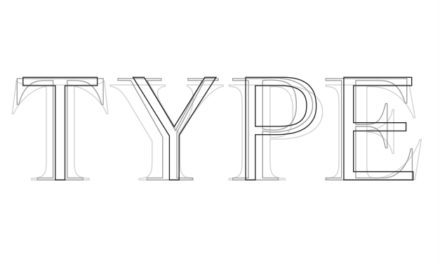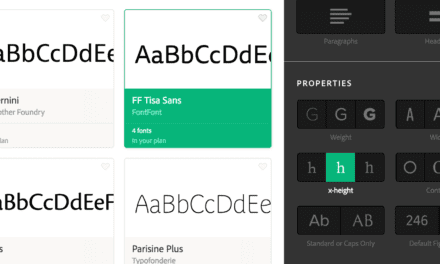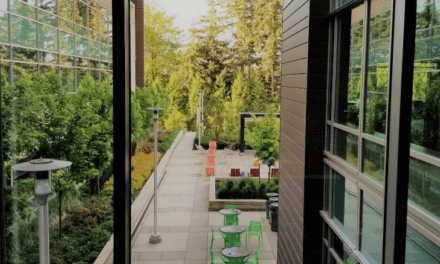ARTICLE SUMMARY: Who could have predicted the radical change in UX design that Artificial Intelligence would bring? AI has infiltrated every part of our personal and business lives in ways that no one saw coming, especially in the creative industries. It’s no wonder design leaders are having a hard time sleeping at night.
The haunting question that’s been popping up in Slack channels, Twitter threads, and throughout the LinkedIn design community. is, “Will we all be design engineers by the end of the year?” A closer look at this question by Kai Wong reveals a deeper fear that’s keeping design leaders awake at night: If any product manager can now design with AI assistance, and any designer can now code, do we still need specialists?
In Kai Wong’s article, “Designers need to be generalized specialists nowadays—here’s how AI can help” he answers the question that UX designers want to know: How do we adapt and succeed in the age of AI? He looks at:
- Why Both Generalists and Specialists Drive Innovation
- The Rise of the Specialized Generalist
- How to become a generalized specialist
Kai gives you a road map to help you understand and develop a switching methodology along with examples when you’ll need “generalist” or “specialist” mode.
Kai also reminds us, “In 2025 and beyond, the question isn’t whether you should be a generalist or a specialist. It’s about becoming a generalized specialist. The ability to do this, to tackle any challenge, will make you an irreplaceable and strategic part of any team.”
When it comes to the future of UX design and AI, and how to approach it, this article is well worth reading, Let us know what you think in the comments.




